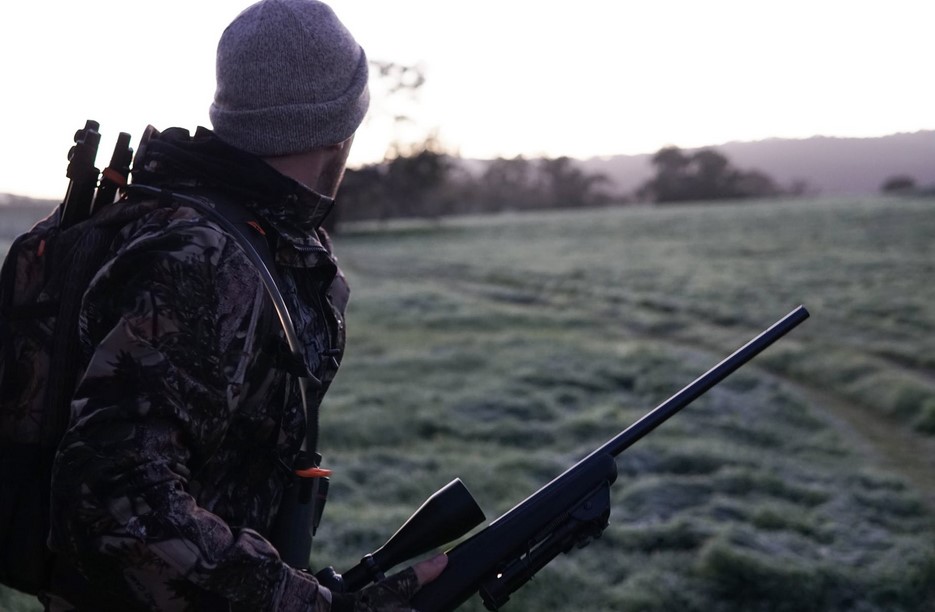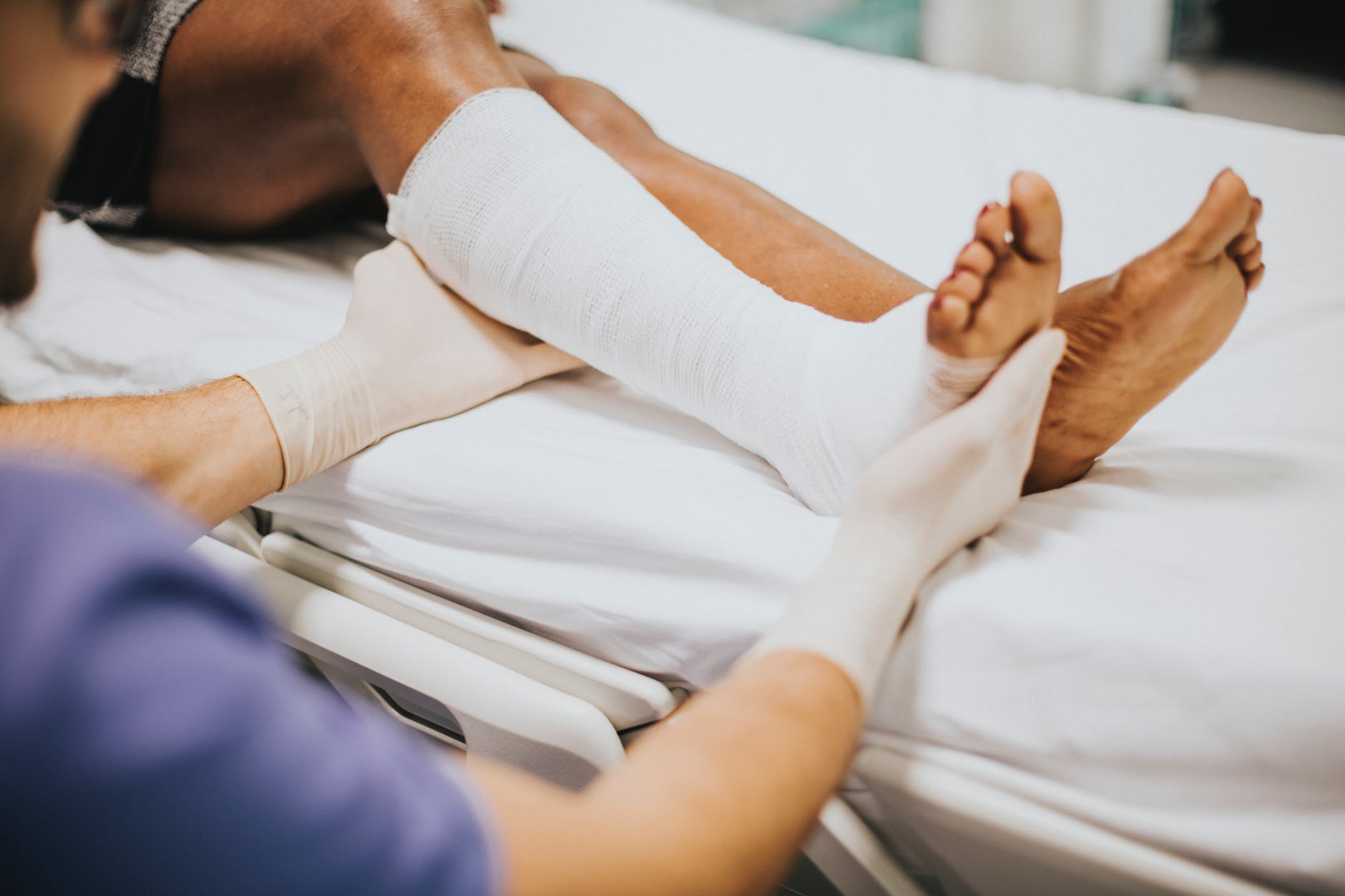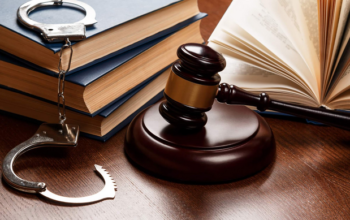A lot of people hunt for recreation on private properties as well as within hunting grounds and wildlife areas. Of course, they are supposed to have the appropriate licenses or permits to go hunting.
Likewise, it’s assumed that anyone taking up hunting weapon – be it a rifle, shotgun, or handgun – is acquainted with hunting regulations and safety provisions. In the US, for example, hunters can only get hunting licenses after completing hunter education courses. While these courses may differ a bit between states, they are obligatory across the United States.
Even so, hunting injuries and accidents happen frequently. From organ damage and lost limbs to hearing loss and internal bleeding, a wide variety of injuries are stated in hunting accident claims. Some hunting injuries are fatal, especially when caused by high-powered firearms. Even low-powered rifles can cause devastating or fatal injuries by damaging vital organs.
Why do hunting accidents happen? What’s the liability for these types of accidents? Can you sue for hunting accidents and seek compensation? Read on to find out.
Causes of Accidental Hunting Injuries
Hunting injuries and accidents are typically caused by negligent, reckless, or inexperienced hunters. Unfortunately, many hunters are not trained properly in the use of hunting firearms. Luckily, there are budget-friendly gun training courses available today. This is a great opportunity for hunters to learn how to handle their firearms safely.
As for the hunting accidents associated with reckless or negligent behavior, the causes of injuries usually include:
- Failing to consider the effect of wind when firing a gun
- Mishandling a rifle or shotgun
- Consuming drugs or alcohol before or while hunting
- Using a rifle scope improperly or not keeping a lookout for surroundings and other hunters
- Shooting randomly in the air
Liability & Hunting Accident Claims
People pursue compensation for their hunting injuries through injury claims for justice and peace of mind. Just as with other types of claims, hunting accident claims should establish liability in a lawsuit. This involves pinpointing liability and examining all the details of an injury claim.
Generally speaking, there are 2 types of hunting accident claims: negligence and intentional. When it comes to intentional claims that don’t involve wrongful death, defendants can face battery and/or assault charges, which depends on the circumstances of the case. It should be noted that both intentional and negligence claims can be filed in the event of fatal hunting accidents.
If you are injured by a negligent hunter, it is important to disprove or minimize your liability in your injury case. Sometimes it’s not necessary to prove the defendant’s negligence. If he used a dangerous weapon when the hunting accident happened, a plaintiff only needs to prove strict liability. Since such a liability solely relies on the arguments that a firearm is dangerous, a viable injury claim can be settled even if the defendant handled his firearm carefully while hunting. Please note that strict liability claims are not permitted in all states.
Compensation for a Hunting Injury or Wrongful Death
Let’s face it. No amount of money can make up for the permanent disability or death of a loved one. However, financial compensation can help plaintiffs get their medical bills and accident-related expenses covered. That’s why you should seek fair compensation when filing a hunting injury claim.
Suffering, pain, and lost wages that have incurred over the course of recovery should also be included in the compensation. Don’t give up and try to get the most out of your injury settlement.
Related Posts













